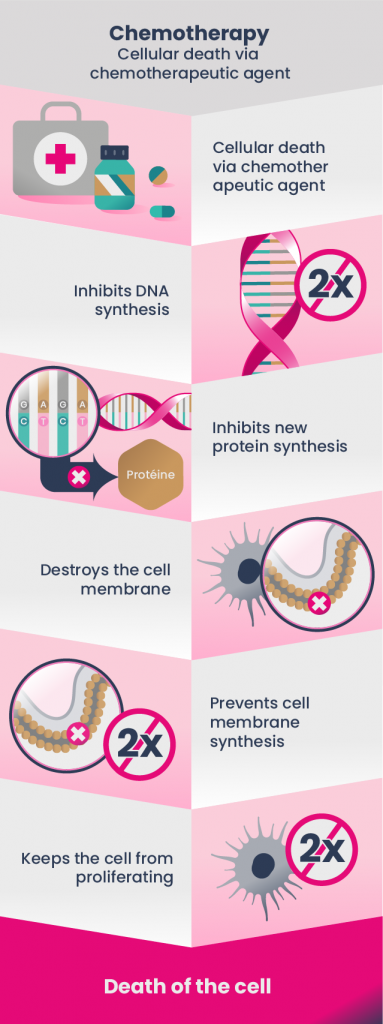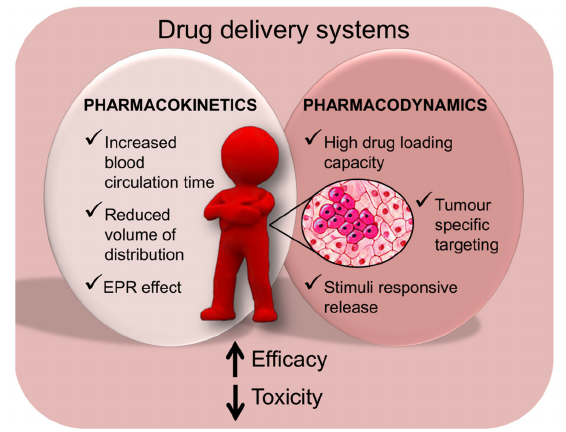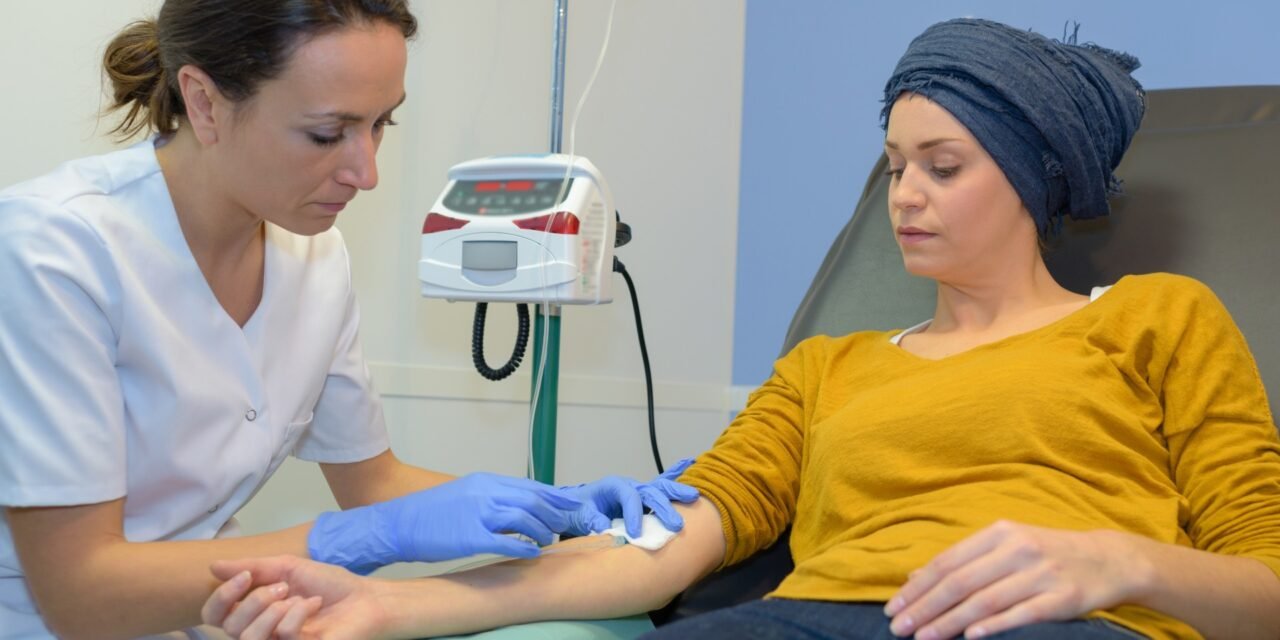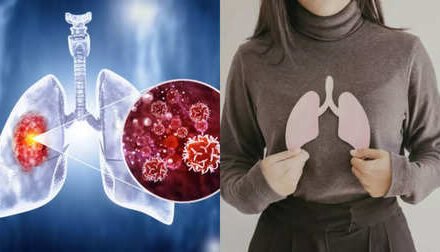introduction to Preventive Chemotherapy:
Preventive chemotherapy, a widely recognized cancer treatment, uses drugs to destroy cancer cells, halt their growth, and prevent their spread.However, chemotherapy is known for its side effects, which can be severe and debilitating.
These range from nausea, fatigue, and hair loss to more serious complications such as weakened immune function and damage to vital organs.
Given the harsh nature of chemotherapy, it’s understandable that many people wonder if there are ways to prevent the need for this treatment. While it is not always possible to avoid chemotherapy, especially in cases where cancer is advanced or aggressive, there are strategies to reduce the risk of developing cancer in the first place and, by extension, reduce the potential need for chemotherapy.
Prevention Strategies:
Reducing the Risk of CancerPreventing chemotherapy starts with preventing cancer. While no method guarantees absolute protection against cancer, adopting a healthy lifestyle and being proactive about your health can significantly reduce your risk.
Here are some key strategies:

1. Maintain a Healthy Diet:
- Balanced Nutrition:
Eating a diet rich in fruits, vegetables, whole grains, and lean proteins can help lower cancer risk. Antioxidant-rich foods, like berries, nuts, and green leafy vegetables, protect cells from damage that could lead to cancer.
- Limit Processed Foods and Red Meat:
Processed meats and red meats have been linked to an increased risk of certain cancers, including colorectal cancer. Reducing consumption of these foods can lower your risk.
- Avoid Excessive Sugar and Fat:
High-sugar diets can lead to obesity, which is a known risk factor for various cancers. A diet high in unhealthy fats, particularly trans fats, may also contribute to cancer risk.
2. Exercise Regularly:
- Physical Activity:
Regular exercise helps maintain a healthy weight, which is crucial in cancer prevention. Being overweight or obese increases the risk of several types of cancer, including breast, colorectal, and pancreatic cancers.
- Stress Reduction:
Exercise also helps reduce stress, which, when chronic, can affect your immune system and potentially increase cancer risk.
3. Avoid Tobacco and Limit Alcohol:
- Quit Smoking:
Smoking is the leading cause of lung cancer and is linked to many other types of cancer. Quitting smoking is one of the most effective ways to reduce cancer risk.
- Limit Alcohol Consumption:
Excessive alcohol use is linked to various cancers, including those of the liver, breast, and esophagus. Limiting alcohol intake or avoiding it altogether can reduce these risks.
4. Protect Yourself from the Sun:
- UV Radiation:
Skin cancer, including melanoma, is strongly associated with UV exposure. Use sunscreen, wear protective clothing, and avoid prolonged exposure to the sun, especially during peak hours.
- Avoid Tanning Beds:
Tanning beds expose your skin to harmful UV rays, increasing the risk of skin cancer.
5. Get Regular Screenings:
- Early Detection:
Regular screenings for cancers such as breast, cervical, colorectal, and prostate can help detect the disease in its early stages when it is most treatable. Early detection often means that less aggressive treatments, including avoiding chemotherapy, may be sufficient.
- Genetic Testing:
For those with a family history of certain cancers, genetic testing might provide valuable information on your cancer risk and guide preventative measures.
6. Vaccinations:
- HPV Vaccine:
The human papillomavirus (HPV) vaccine can prevent infections with certain strains of HPV that are responsible for cervical, throat, and other cancers.
- Hepatitis B Vaccine:
Chronic hepatitis B infection increases the risk of liver cancer. Vaccination against hepatitis B can significantly reduce this risk.
- Emerging Trends:
Alternative and Complementary Therapies While traditional medicine focuses on prevention through lifestyle changes and early detection, there is growing interest in alternative and complementary therapies that might reduce cancer risk.

These include:
Herbal Supplements:
Some studies suggest that certain herbs and supplements, like turmeric, green tea, and ginger, may have anti-cancer properties. However, these should be used with caution and under the guidance of a healthcare professional.
Mind-Body Practices:
Techniques like yoga, meditation, and tai chi can reduce stress and improve overall well-being, potentially lowering cancer risk.
Integrative Medicine:
Combining conventional and alternative therapies, known as integrative medicine, can support cancer prevention efforts. However, it is essential to discuss any alternative treatments with your doctor to ensure they do not interfere with conventional care.

Benefits of Preventing Chemotherapy:
1. Avoidance of Severe Side Effects:
Chemotherapy can cause a range of side effects, including nausea, fatigue, hair loss, and weakened immune function. By preventing cancer and reducing the need for chemotherapy, you can avoid these physical and emotional challenges.
2. Preservation of Quality of Life:
Avoiding chemotherapy allows individuals to maintain a better quality of life, as they won’t have to endure the intense physical and psychological toll that often accompanies treatment.
3. Reduced Financial Burden:
Chemotherapy is expensive, often requiring multiple sessions and associated care costs. Preventing cancer or catching it early enough to avoid chemotherapy can significantly reduce medical expenses.
4. Lower Risk of Long-Term Complications:
Chemotherapy can lead to long-term health issues, such as heart problems, secondary cancers, and organ damage. Preventing the need for chemotherapy reduces the risk of these complications.
5. Mental and Emotional Well-being:
The emotional strain of undergoing chemotherapy can be significant, leading to anxiety, depression, and fear. By taking steps to prevent cancer and avoid chemotherapy, individuals can maintain better mental health.
6. Preservation of Immune Function:
Chemotherapy weakens the immune system, making individuals more susceptible to infections and illnesses. Preventing chemotherapy means your immune system remains stronger and more capable of fighting off diseases.
7. Increased Longevity:
Preventing cancer through a healthy lifestyle, regular screenings, and early interventions can increase your lifespan. This proactive approach can lead to a longer, healthier life without the need for aggressive treatments like chemotherapy.
8. Better Physical Appearance:
Chemotherapy often results in hair loss, skin changes, and weight fluctuations, which can affect self-esteem and body image. Avoiding chemotherapy helps preserve your physical appearance.
9. Empowerment through Health Control:
Taking active steps to prevent cancer gives you a sense of control over your health. This empowerment can lead to positive changes in other areas of life, fostering a healthier overall lifestyle.
10. Peace of Mind:
Knowing that you are doing everything possible to prevent cancer and avoid the need for chemotherapy can provide peace of mind, reducing worry about future health challenges.
Conclusion:
The Role of Prevention in Reducing Chemotherapy Need While it is impossible to guarantee that you will never need chemotherapy, adopting a proactive approach to your health can significantly lower your risk of developing cancer. This, in turn, reduces the likelihood of requiring aggressive treatments like chemotherapy.
Prevention through a healthy lifestyle, regular screenings, and vaccinations is your first line of defense against cancer.
Moreover, staying informed about new research and advancements in cancer prevention and treatment options is crucial. By making informed decisions and taking control of your health, you can improve your chances of living a long, healthy life, free from the need for chemotherapy.
you must watch 👁️👁️ this article 👇👇👇
High Frequency Hearing Loss Treatment: What Are Options and Considerations





